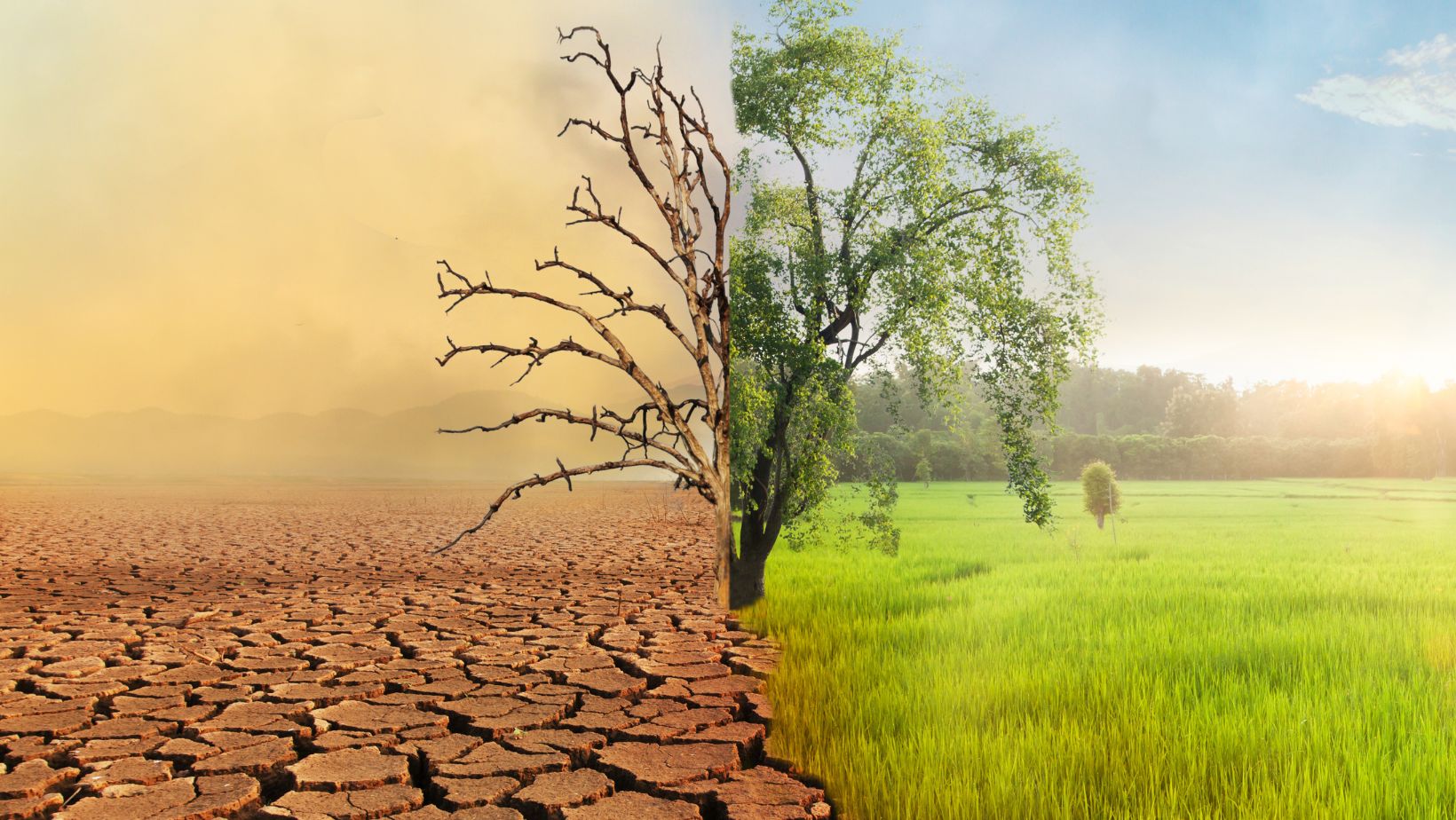How Long do We Have to Stop Climate Change
We have a very limited time to act on climate change. The sooner we start making changes, the better our chances of averting catastrophic temperature increases. Even if we were to stop emitting greenhouse gases immediately, the Earth would still warm for some time due to the “heat-trapping” nature of these gases. This is because it takes time for the Earth to cool down after it has been warmed by greenhouse gases. We need to reduce our emissions by at least 80% if we are to have a chance of limiting global warming to 1.5°C above pre-industrial levels. This is the target that was set by the Paris Agreement in 2015. Time is running out to make this happen. We must act now.
What Can Individuals Do To Stop Climate Change?
There are a lot of things individuals can do to stop climate change.
1. Use less energy at home by making your home more energy efficient, and using renewable energy.
2. Save water by using appliances and fixtures that use less water, and by not watering your lawn as often.
3. Drive less by carpooling, taking public transportation, or riding a bike more often.
4. Reduce your waste by recycling and composting more often, and using less paper and plastic.
5. Be a conscious consumer by avoiding products with excessive packaging, choosing products with recycled content, and repair broken items instead of buying new ones.
6. Eat a more plant-based diet to help reduce greenhouse gas emissions from the agriculture industry.
7. Speak up about climate change to family, friends, and elected officials to raise awareness and promote action on this issue.
What Can Businesses Do To Stop Climate Change?
There are a number of things businesses can do to help mitigate and adapt to climate change.
1. Use energy efficient technologies and practices: This includes using energy-efficient lighting, equipment and appliances; using renewable energy sources; properly maintaining equipment; and using natural ventilation and cooling where possible.

2. Implement green building practices: Green building practices can help reduce the environmental impact of buildings, including their carbon footprint.
3. Increase recycling and composting: Recycling and composting help reduce waste, which in turn helps to reduce greenhouse gas emissions.
4. Reduce water use: Reducing water use helps to conserve this precious resource and can also lead to reductions in the amount of energy needed to pump, heat and treat water.
5. Educate employees on climate change: Employees are more likely to be engaged in climate change mitigation efforts if they understand the issue and its implications.
6. Advocate for public policy changes: Businesses can lobby for policies that will help mitigate climate change, such as carbon pricing or renewable energy standards.

What Can Governments Do To Stop Climate Change?
Governments play a vital role in the fight against climate change. They can:
• Put a price on carbon
• End subsidies for fossil fuels
• Divest from fossil fuels
• Shift taxes from incomes to carbon pollution
• Invest in a green economy
• Strengthen climate resilience
• Cooperate internationally



